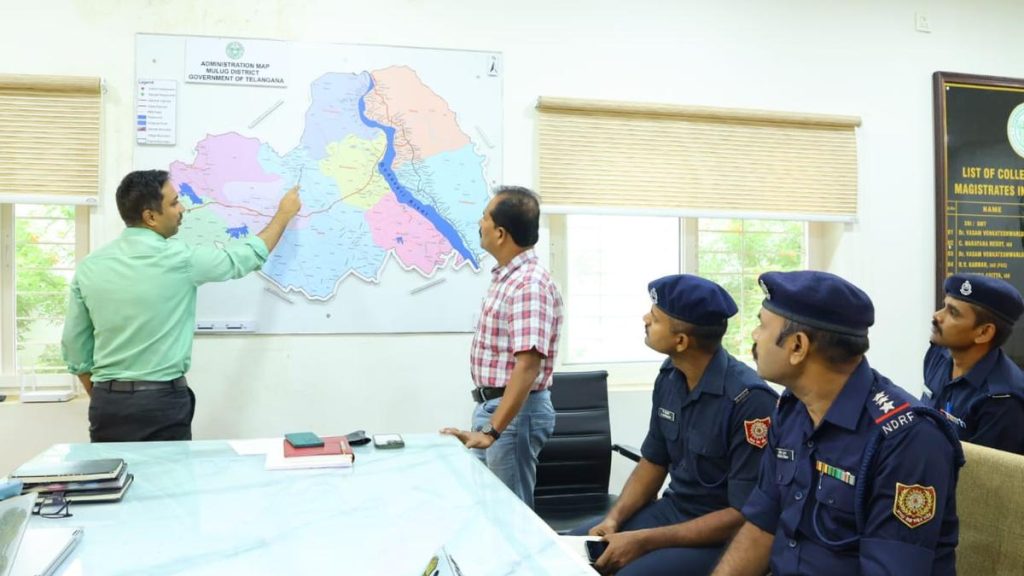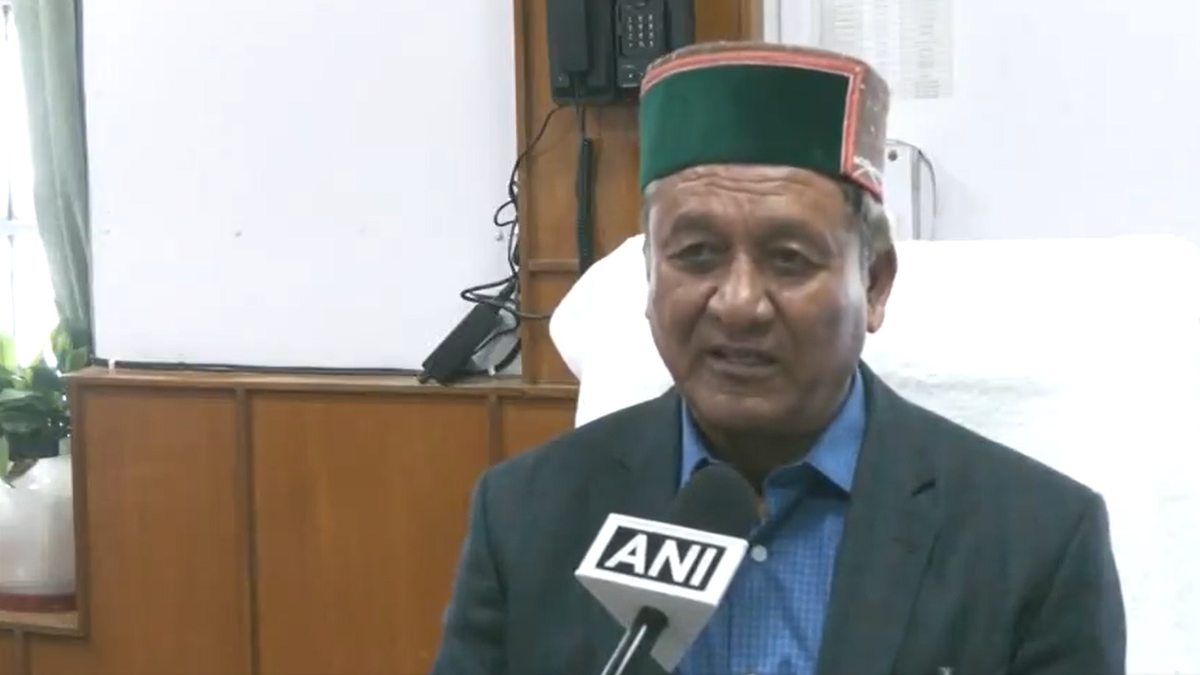Now Reading: Devadasi Children Face Repeated Acts of Humiliation
-
01
Devadasi Children Face Repeated Acts of Humiliation
Devadasi Children Face Repeated Acts of Humiliation

Speedy Summary
- Issue: Devadasi children in Karnataka face challenges due to the mandatory provision of a father’s name in official documents, especially for school admissions and other benefits.
- Specific Cases:
– S. Radha, a mother from Vijayanagara district, has been struggling to enroll her daughter in a government residential school as her child’s document has ‘XYZ’ instead of a father’s name.
– Ravi Kombenavar,from Vijayapura district,also faced issues with ‘XXX’ marked in his documents under the father’s column.
– Manjula Malige, an MSW graduate and daughter of a Devadasi, proposes alternatives such as using maternal names or ‘Devadasi’ instead of leaving the father’s column blank.
- Challenges: The online application process requires mandatory filling of the father’s name for completion.In cases where fathers have abandoned families or are unknown, officials reportedly suggest using random names.
- Wider Context: Renukamma highlights that traditionally maternal relatives were named if fathers were absent during migrations; Yamanurappa Hucchaiaya Swamy emphasizes how caste dynamics exacerbate the issue as most Devadasis belong to Dalit and backward communities (e.g., Madiga).
- Advocacy Needs: Activists argue for inclusive policies recognizing single motherhood and allowing choice identifiers like ‘Devadasi’ or maternal lineage.
Indian Opinion Analysis
The systemic issue surrounding mandatory fields requiring paternal identification poses notable social and logistical difficulties for marginalized communities like children born to Devadasis in Karnataka. This requirement disproportionately impacts Dalit women linked to an outdated ritual practice that denies them equal societal recognition. From an administrative standpoint, adapting regulations such as permitting maternal names as primary identifiers would provide relief while respecting cultural realities.
The situation not only reflects gaps in policy but also underscores broader challenges associated with digitalization-where automation rigidly adheres to predefined templates without flexibility for unique circumstances. Addressing these bureaucratic hurdles through targeted amendments ensures fair access to education and welfare benefits while affirming India’s commitment toward inclusion within vulnerable sections.
Read more: Original Source
Note: No images from raw text provided.






















